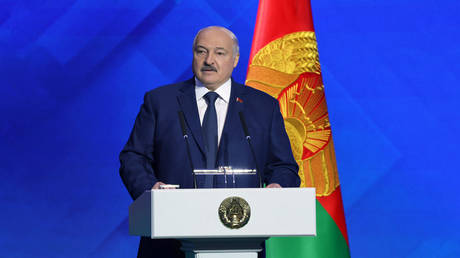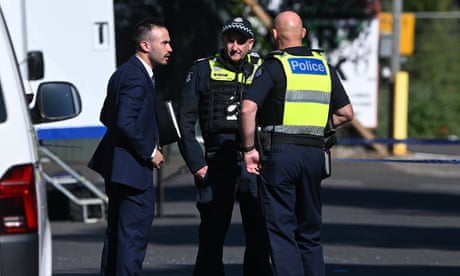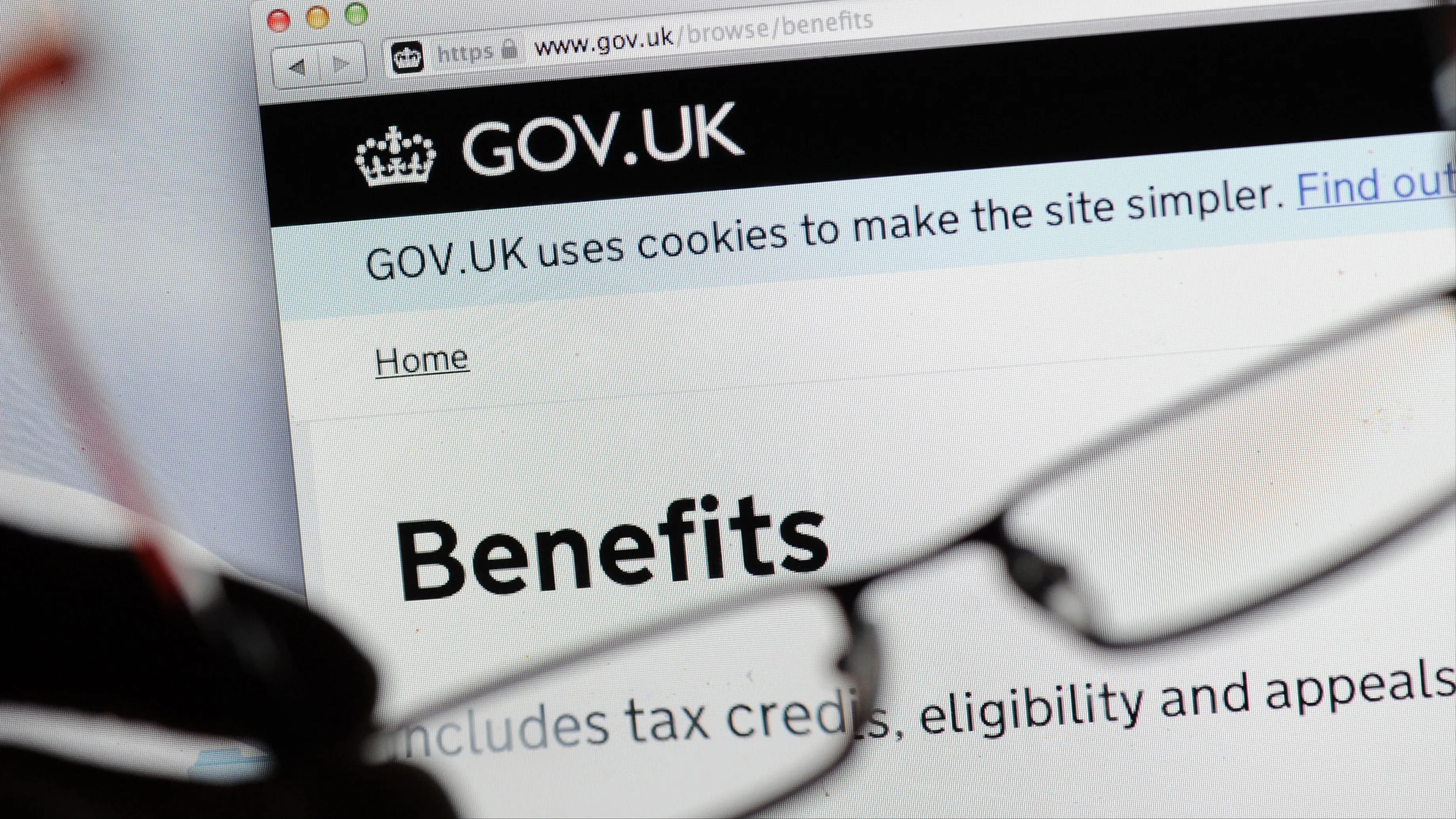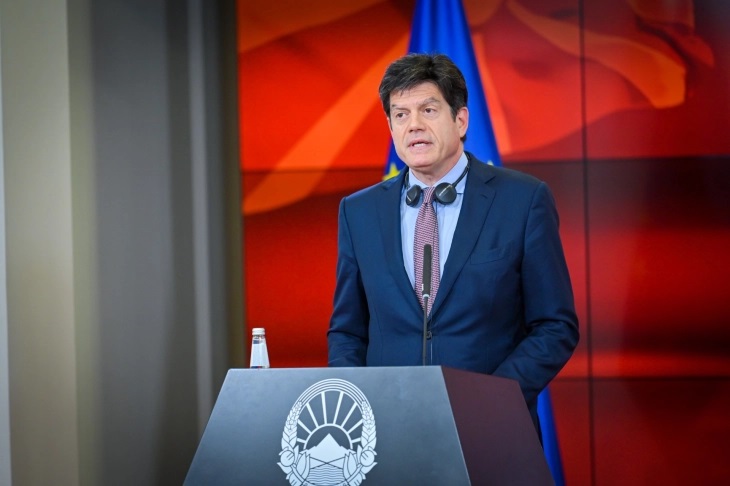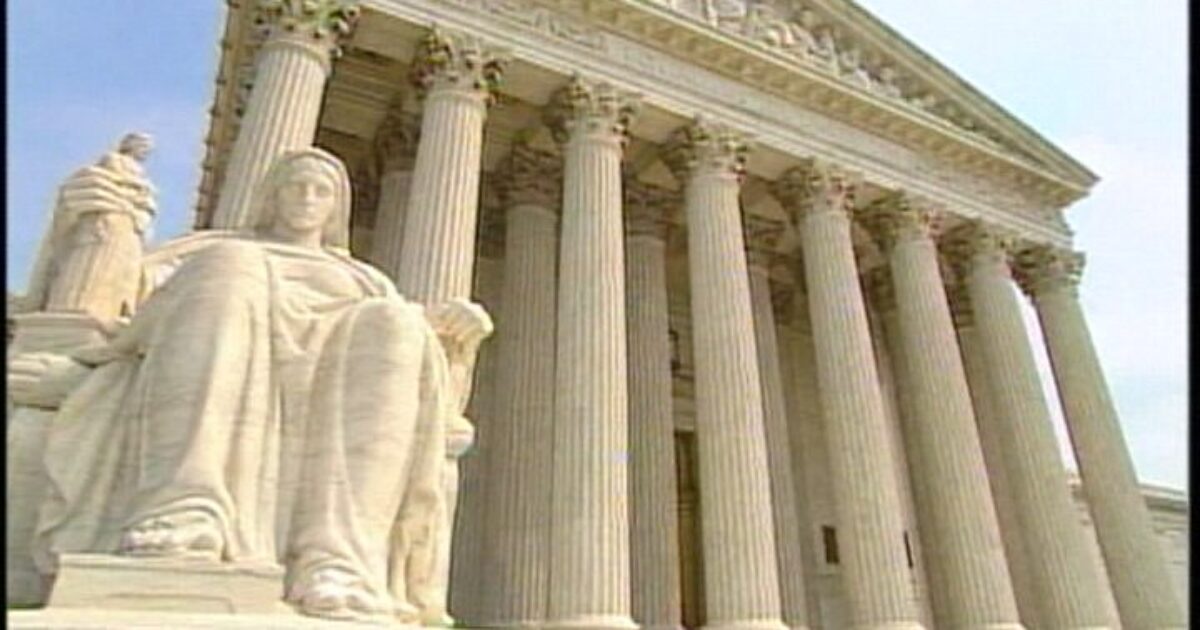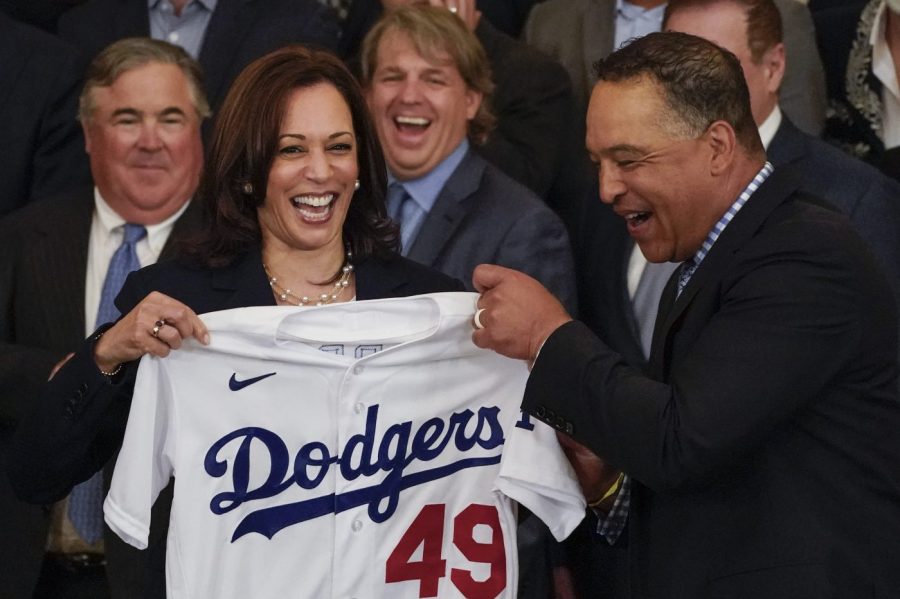Israel is not addressing the “catastrophic humanitarian crisis” in Gaza, the US envoy to the United Nations has said as a deadline imposed by Washington looms for the Israelis to improve the situation or face potential restrictions on military aid.
“Israel’s words must be matched by action on the ground,” Linda Thomas-Greenfield told the security council. “Right now, that is not happening. This must change – immediately.”
The US told Israel on 13 October that it must take steps within 30 days or face consequences including the potential stopping of US weapons transfers. “The US has stated clearly that Israel must allow food, medicine and other supplies into all of Gaza – especially the north, and especially as winter sets in – and protect the workers distributing it,” Thomas-Greenfield said.
Her remarks came as Norway said it would seek clarification from the international court of justice (ICJ) over Israel’s aid obligations after the Knesset vote banning any cooperation with the UN Palestinian relief agency Unrwa, as world leaders and international organisations voiced fears for aid deliveries to Gaza.
Israel will seek to impose the measures voted for by Israeli MPs on Monday – including a ban on new visas and work permits for foreign Unrwa staff who must enter via Israel – within 90 days. This means western diplomats have a brief window after the US elections to try to force it to step back.
The prime minister, Jonas Gahr Støre, said in a statement that Norway was “requesting that the ICJ pronounces on Israel’s obligations to facilitate humanitarian assistance to the Palestinian population, delivered by international organisations, including the UN and states”.
A reference to the ICJ is almost certainly likely to lead to fresh orders since the UN’s top court has already ruled that Israel has failed to meet its legal duty as the occupying power to provide humanitarian aid.
The Israeli parliament’s two laws ban the agency from conducting “any activity” or providing any service inside Israel, including the areas of annexed East Jerusalem, Gaza and the West Bank. Unrwa is accused by Israel of being too close to Hamas, failing to act with neutrality and perpetuating the refugee issue.
The UN secretary general, António Guterres, said the UN agency would be prevented from doing general assembly mandated work if Israel implemented the laws, and called on it “to act consistently with its obligations” under the UN charter and international law, saying: “National legislation cannot alter those obligations.”
Monday’s votes have also been widely criticised in Europe. The UK development minister, Anneliese Dodds, told MPs: “Unrwa is indispensable in the provision of aid for Palestinians. No other agency can get aid into Gaza at the scale needed.”
She said the UK was losing patience with Israel’s excuses for failing to get aid into Gaza at scale. A growing number of MPs are also questioning trade ties with Israel.
The UK foreign secretary, David Lammy, earlier on Monday suggested sanctions could be taken against Israeli politicians if Unrwa was “brought to its knees”.
Germany’s commissioner for human rights policy and humanitarian assistance, Luise Amtsberg, warned the move would “effectively make Unrwa’s work in Gaza, the West Bank and East Jerusalem impossible … jeopardising vital humanitarian aid for millions of people”.
The Republic of Ireland’s taoiseach, Simon Harris, called on the EU to review its ties with Israel. “What Israel and the Israeli Knesset did last night was despicable, disgraceful and shameful,” he said. “More people will die, more children will starve.”
Spain, Slovenia, Ireland and Norway released a joint statement condemning Israel’s ban and warned that it set a “very serious” precedent for the work of the UN and all organisations of the multilateral system.
The humanitarian groups Oxfam, ActionAid and the Australian Council for International Development (Acfid) all condemned Israel’s move. Polio vaccinations in Gaza would be almost impossible without Unrwa’s help, said Acfid’s humanitarian adviser, Naomi Brooks. “This bill undermines the international humanitarian operation in Gaza, where millions face dehydration, starvation and disease,” she said.
Martin Griffiths, the former head of the UN Office for the Coordination of Humanitarian Affairs, said: “This is a test of the multilateral values that the security council is supposed to shield. We need a series of actions and not a series of statements.”
The Israeli prime minister, Benjamin Netanyahu, said: “Unrwa workers involved in terrorist activities against Israel must be held accountable. Since avoiding a humanitarian crisis is also essential, sustained humanitarian aid must remain available in Gaza now and in the future.
“In the 90 days before this legislation takes effect – and after – we stand ready to work with our international partners to ensure Israel continues to facilitate humanitarian aid to civilians in Gaza in a way that does not threaten Israel’s security,” he said.
The UN fired nine Unrwa workers in August after an investigation into Israeli claims that staff members were involved in the Hamas-led 7 October attack.
In Lebanon, the health ministry said at least 60 people were killed on Monday in Israeli raids on several areas in Baalbek in the eastern Bekaa valley, where Iran-backed Hezbollah holds sway. The region’s governor, Bachir Khodr, decried what he called the “most violent” raids on the area since the Israel-Hezbollah war began about one month ago.
That followed a year of low-intensity exchanges and cross-border attacks that the Lebanese group said were in support of Hamas.
-
With Associated Press and Agence France-Presse
